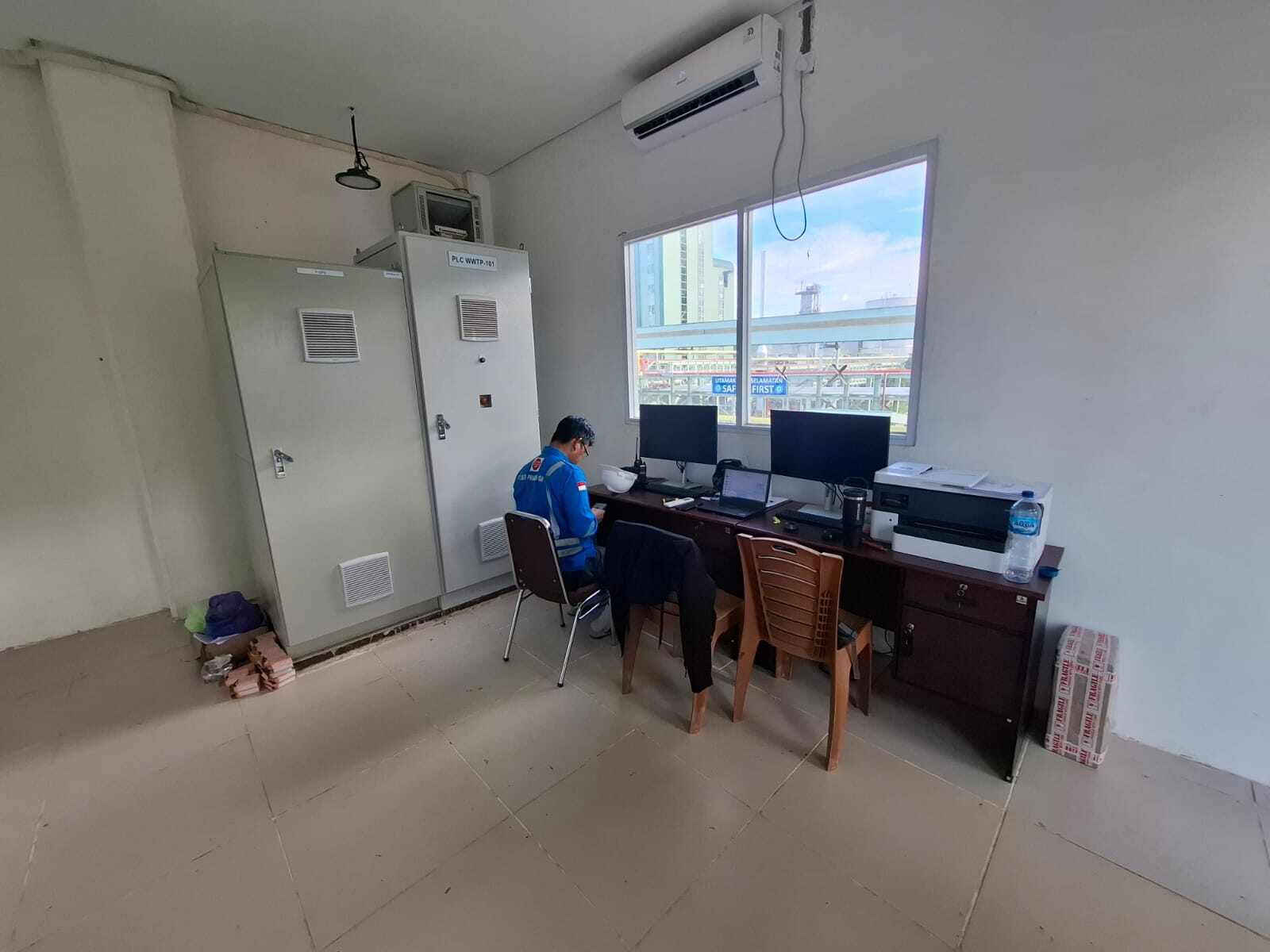Betaqua Integrated Pump System
PT Beta Pramaesti Asia
INTEGRATED PUMP SYSTEM is a term that refers to a pump system designed to combine several key components into one integrated unit. These systems are typically used in industrial, commercial, or residential applications to pump liquids (such as water, oil, or chemicals) efficiently and automatically.
Main Components
The main components in an Integrated Pump System usually include:
- Pump: The main component to move liquid from one place to another.
- Motor: The drive of the pump, often an electric motor or diesel motor.
- Control Panel: Regulates pump operation, including start/stop, speed regulation, and performance monitoring.
- Sensors: Monitor parameters such as pressure, flow, temperature, or liquid level to ensure smooth and safe operation.
- System Protection: Typically includes features such as protection against overheat, dry running, or overload.
- Digital Integration: Some modern IPSs are equipped with digital communication capabilities for remote monitoring and control, such as using IoT (Internet of Things) technology.
Advantages of IPS:
- Energy Efficiency: The integrated design usually improves operational efficiency.
- Ease of Installation: Since the components are integrated, installation is faster and simpler.
- Reliability: An integrated system design reduces the risk of errors due to component mismatches.
- Space Saving: It has a more compact design compared to systems with separate components.
- Automation: Able to operate automatically based on predefined parameters.

Applications:
IPS is used in a variety of sectors, including:
- Water treatment.
- HVAC (heating, ventilation and air conditioning) systems.
- Oil and gas industry.
- Irrigation systems.
- Chemical plants.
Scope
Amodern Integrated Pump System, typically includes:
- Variable frequency drive (VFD) integration for pump speed regulation.
- IoT or SCADA-based monitoring for remote control and data analysis.
- Diagnostic features for predictive maintenance.
